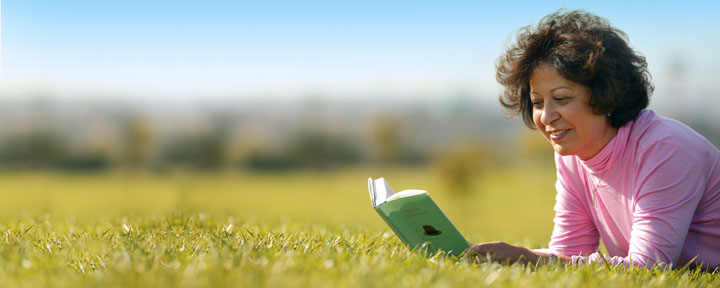
Bone health
Over time, your bones are at risk of becoming weaker or more brittle, otherwise known as osteoporosis. Even a minor fall or bump can cause a fracture, most commonly in the hip, wrist, and spine. Osteoporosis does not cause symptoms, so you may not know you have the condition until you have a bone fracture.
Protect yourself from osteoporosis
- Get 1,200 mg of calcium every day. Green vegetables; almonds; tofu; and low-fat milk, cheese and yogurt are good natural sources of calcium. You may also need to add a calcium supplement with 500 to 600 mg of calcium.
- Get 600-800 IU of vitamin D (preferable vitamin D3) every day. Fatty fish like salmon, tuna and mackerel, pork, eggs, mushrooms, and some cereals are good natural sources of calcium. Get some sun while you’re at it – sunlight contributes to healthy bones. You may also need a vitamin D daily supplement to get the recommended daily amount.
- Make time for activity and exercise every day
- Walk, jog or dance for 30 minutes on most days
- Work out with weights or bands 2-3 times a week
- Stop smoking. Smoking increases the risk of osteoporosis.
- Cut down on caffeine, sodium and alcohol. These can decrease your bone strength.
- Get a bone mineral density (BMD) test if you are over 65 to determine your bone strength
Protect yourself from falling
- Stay active
- Wear low-heeled shoes with non-slip soles
- Have your vision checked on a regular basis. Wear glasses or contacts, if needed
- Install handrails and non-slip mats anywhere there’s a risk of slipping (like your tub/shower or beside the toilet)
- Tell your doctor if you feel dizzy or lightheaded (you may need a medication change)
- Keep your house hazard free
- Turn on the lights to avoid bumping into things
- Use rugs with non-slip backing and avoid throw rugs
- Keep walkways clear. This helps avoid tripping.
- Avoid standing on chairs, stepstools, or ladders
By Betty Shen, MD - Published November 3, 2015